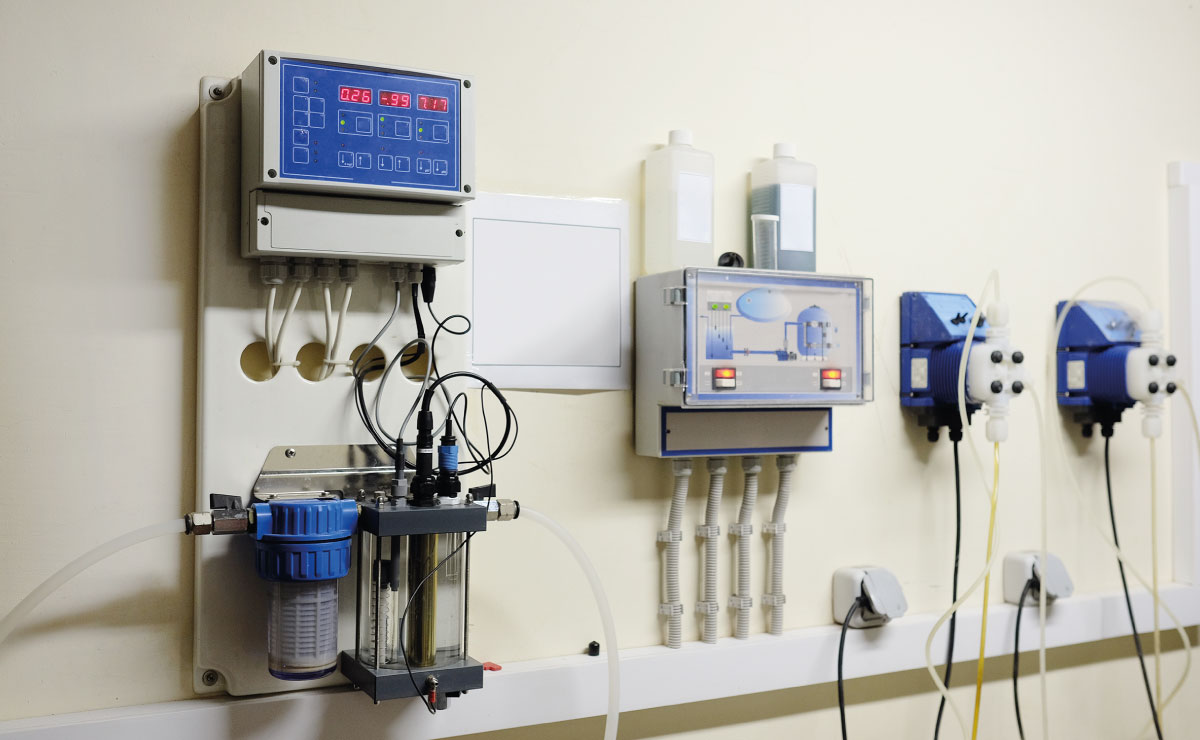In the intricate dance of water treatment and industrial processes, achieving precise chemical dosing is critical. Chemical dosing pumps, with their ability to accurately and consistently deliver a variety of chemicals in controlled quantities, have become indispensable tools in maintaining water quality, ensuring process efficiency, and meeting stringent industry standards. This article explores the principles, applications, and advantages of chemical dosing pumps in diverse sectors.
Understanding Chemical Dosing Pumps:
Chemical dosing pumps are devices designed to inject precise amounts of chemicals into a fluid stream or system. These pumps play a crucial role in water treatment, wastewater management, and various industrial processes where controlled chemical dosing is essential for optimal performance.
Types of Chemical Dosing Pumps:
- Diaphragm Pumps: Diaphragm pumps use a flexible diaphragm to displace the chemical, providing a pulsation-free flow. They are commonly used in applications requiring accurate dosing and are suitable for a wide range of chemicals.
- Peristaltic Pumps: Peristaltic pumps use a flexible tube to move chemicals through a series of rollers, providing a gentle and accurate pumping action. These pumps are particularly useful in situations where precise dosing is critical, such as in pharmaceutical or laboratory settings.
- Metering Pumps: Metering pumps, often piston or diaphragm-based, are designed for accuracy and repeatability. They are commonly used in industrial applications where consistent dosing is essential for maintaining process efficiency.
Applications of Chemical Dosing Pumps:
- Water Treatment: Chemical dosing pumps are extensively used in water treatment plants to add coagulants, flocculants, disinfectants, and pH-adjusting chemicals. This ensures the effective removal of contaminants and the maintenance of water quality standards.
- Wastewater Treatment: In wastewater treatment processes, chemical dosing pumps assist in the addition of chemicals for flocculation, pH adjustment, and the removal of specific pollutants, enhancing the efficiency of treatment systems.
- Industrial Processes: Chemical dosing pumps are employed in various industries, including food and beverage, pharmaceuticals, and manufacturing, where precise chemical dosing is crucial for production processes, quality control, and product consistency.
- Swimming Pool Maintenance: In maintaining swimming pools, chemical dosing pumps play a key role in adding chlorine, pH regulators, and other water treatment chemicals to ensure a safe and hygienic swimming environment.
Advantages of Chemical Dosing Pumps:
- Precision and Accuracy: Chemical dosing pumps provide precise and accurate dosing, minimizing the risk of over- or under-dosing chemicals, which is critical in applications where even small variations can have significant impacts.
- Consistent Flow Rates: These pumps offer a consistent and reliable flow of chemicals, contributing to the stability and efficiency of water treatment and industrial processes.
- Reduced Chemical Waste: By delivering exact quantities of chemicals, dosing pumps help minimize chemical waste, promoting environmental sustainability and cost-effectiveness.
- Ease of Operation and Maintenance: Chemical dosing pumps are designed for ease of operation and maintenance, making them user-friendly and cost-effective solutions for a wide range of applications.
Challenges and Considerations:
- Compatibility: It’s crucial to select chemical dosing pumps that are compatible with the chemicals being used to ensure longevity and reliability.
- Calibration and Monitoring: Regular calibration and monitoring are essential to maintain the accuracy of dosing pumps and prevent potential issues.
Conclusion:
Chemical dosing pumps are silent guardians in the realm of water treatment and industrial processes, ensuring the precision and reliability of chemical dosing. As technology advances and the need for efficient and sustainable solutions grows, these pumps will continue to play a central role in shaping a future where water treatment and industrial processes are optimized for maximum efficiency and environmental responsibility.


